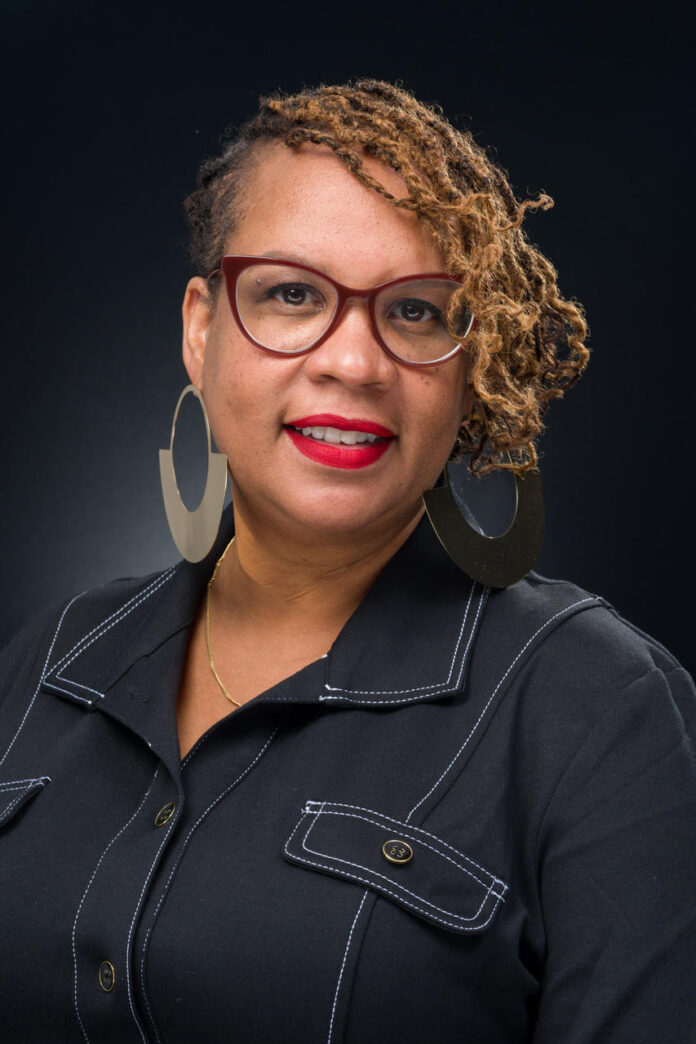
By Kellie Todd Griffin, Special to California Black Media Partners
This is a year of opportunity for Black women in Politics in California. Voters of all races across this state must collectively seize this moment to affect the kind of transformative change we are all hoping to see.
Here’s why.
We have an unprecedented number of Black Women running for office throughout the state. Whether they’re running at the local or state level, or for a congressional or U.S. Senate seat, behind the candidacy of each, one stands a powerful tale a of triumph – an inspiring story showing how determination, commitment to service and moral intelligence consistently defeat racism and sexism.
Their journeys running for office take them directly through the cultural and political barbs of race and gender, which are, far too often, concealed — but no less dangerous.
Without fail, Black Women running for office find their accomplishments, their public images, and their ideas in the crosshairs of scrutiny and skepticism, much more than their White male and female competitors.
Nevertheless, we must continue to run because there is so much work to do for Black Women and girls! California has the fifth largest Black population in the country with more than 2.2 million residents, according to the US Census data. Of those, 51% are female. In the golden state, approximately 67% of Black households are headed by single mothers. In the California Black Women’s Collective Empowerment Institute’s Quality of Life public opinion survey that polled more than 1,200 Black Women in the state, we found that nearly 2 in 5 Black Women work multiple jobs and face significant challenges meeting basic expenses. Among Black Women who are employed, two thirds are considered primary breadwinners in their households.
Although Black Women in California have one of the smallest populations, they disproportionately contribute to the labor force in the state. The Bureau of Labor Statistics reports that among adult Women in California, Black Women (60.6%) were more likely to participate in the labor force than were Asian Women (58.8%), Latinas (58.2%), and White Women (56.4%). In addition, Black women only hold 4% of the bachelor’s degrees obtained by California women. Regardless of educational attainment, Black Women overall make less than their Black male and White female counterparts. Black Women in California are three to four times more likely to die from pregnancy-related causes compared to other racial and ethnic groups.
The rate of life-threatening childbirth complications is highest among Black women. Black girls have the lowest high school graduation rate and highest dropout rate than their female counterparts in the state. An analysis by researchers at the UC Berkeley School of Public Health shows that Black girls aged 10-14 in California experience disproportionate injuries at the hands of law enforcement, 6.7 times the rate for White girls in the same age group. Homicides of Black females in the state have nearly doubled in recent years, according to FBI data.
These disparity gaps must be addressed. Without immediate interventions, we’re not going to be able to change the trajectory of California’s Black females. There is clearly a need for policy and practice transformation that center around Black Women and girls. Black Women policymakers have historically been at the forefront of the change we have achieved in this area.
Black women have contributed immeasurably to creating California policy. Whether it is the late Gwen Moore, former Assemblymember and Chair of the California Legislative Black Caucus, who created the state law that required supermarkets to have bathrooms to help mothers, or Rep. Barbara Lee (D-CA-12), who created the California Violence Against Women Act. Or whether its Oakland City Councilmember Treva Reid, who fought to get the Ebony Alert passed, or L.A. County Supervisor Holly Mitchell, who authored the CROWN Act as a state lawmaker, Black Women have supported policies that improve the lives of California’s Black women. These advances, in turn, improve the lives of all women in the state, as well as all Californians.
Coretta Scott King stated “Women, if the soul of the nation is to be saved, I believe that you must become its soul.” Black Women have been the soul that drives the spirit of California. When our voice is lifted and when we are driving the conversation, meaningful progress happens.
This upcoming election on March 5 is your opportunity to vote for a Black Woman. Don’t miss this moment to continue the change we need!
About the Author
Kellie Todd Griffin is the President & CEO of the California Black Women’s Collective Empowerment Institute.


